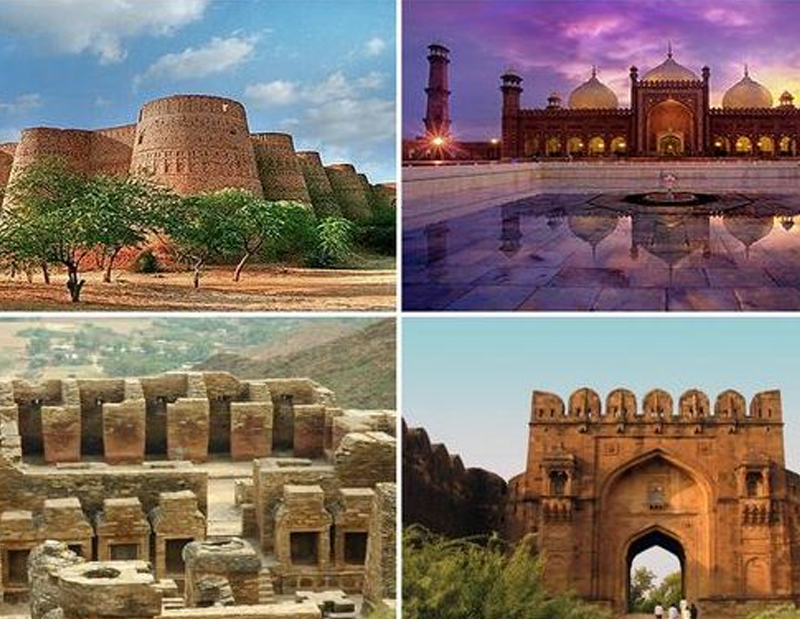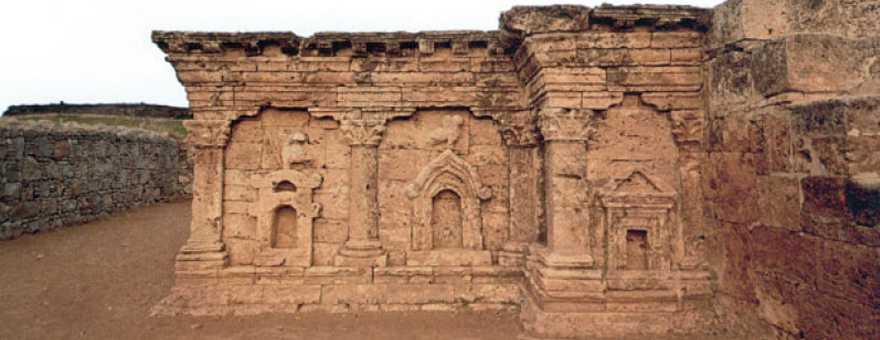Introduction:
World Heritage Day, observed annually on April 18th, is a day dedicated to celebrating and raising awareness about the importance of preserving cultural and natural heritage sites around the world. This day provides an opportunity to reflect on the significance of these sites, their historical and cultural value, and the need for collective efforts to safeguard them for future generations.
The Significance of World Heritage Sites:
World Heritage Sites are landmarks or areas recognized by the United Nations Educational, Scientific and Cultural Organization (UNESCO) for their outstanding universal value to humanity. These sites can be natural wonders, cultural landmarks, or a combination. They serve as symbols of our shared history, diversity, and collective heritage.
Preserving Cultural Heritage:
Cultural heritage sites encompass many places, including historic buildings, monuments, archaeological sites, and traditional cultural practices. These sites are invaluable in preserving the memories, traditions, and identities of communities around the world. By protecting cultural heritage, we safeguard tangible artifacts and promote cultural diversity, mutual understanding, and social cohesion.

Natural Heritage Conservation:
Natural heritage sites consist of exceptional natural phenomena, landscapes, and biodiversity hotspots. These areas play a crucial role in maintaining ecological balance, supporting biodiversity, and providing vital ecosystem services such as clean air, water, and climate regulation. Preserving natural heritage sites is essential for ensuring the long-term sustainability of our planet and the well-being of future generations.
Challenges Facing World Heritage Sites:
Despite their significance, many World Heritage Sites face numerous threats, including environmental degradation, urbanization, climate change, poaching, and unsustainable tourism. These challenges endanger the integrity and authenticity of these sites, putting them at risk of irreversible damage or loss.

The Role of Conservation Efforts:
Conservation efforts play a pivotal role in protecting and preserving World Heritage Sites. This involves implementing sustainable management practices, promoting community involvement and empowerment, conducting scientific research, and raising public awareness about the importance of heritage conservation. Collaborative initiatives involving governments, NGOs, local communities, and international organizations are essential for effective conservation outcomes.
Celebrating World Heritage Day:
World Heritage Day serves as an occasion to celebrate the richness and diversity of our cultural and natural heritage. It is a time to recognize the efforts of individuals and organizations working tirelessly to conserve and safeguard these treasures. On this day, various events, exhibitions, lectures, and community activities are organized worldwide to raise awareness about heritage conservation and promote a sense of stewardship towards our shared heritage.
Conclusion:
As we celebrate World Heritage Day, let us reaffirm our commitment to protecting and preserving the cultural and natural treasures that enrich our lives and define our collective identity. By recognizing the value of World Heritage Sites and taking collective action to safeguard them, we can ensure that these irreplaceable legacies continue to inspire and enrich the lives of present and future generations.
Remember, our heritage is not just a legacy from the past, but a gift to cherish and preserve for the future. Happy World Heritage Day!
The writer is a seasoned researcher and a criminologist currently working as a Senior Project Manager at the International Commission on Human Rights (ICOHR), a Human Rights NGO in Pakistan.



